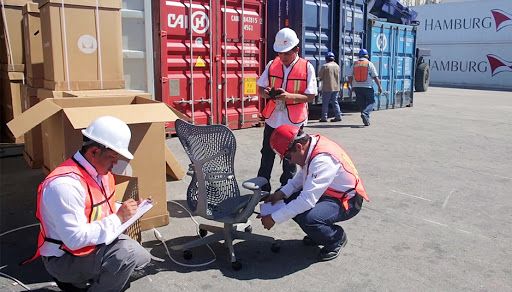Chapter 7 of the USMCA aims to facilitate and expedite the movement, release and clearance of merchandise in customs, as well as to make administrative procedures transparent.
From the perspective of the Ministry of Economy, the measures in place will reduce the costs derived from customs operations, boosting commercial exchanges, through rapid movement of goods at the borders and facilitating control of the logistics chain.
At the regional level, Mexico is a member of the USMCA, which replaced NAFTA in 2018.
Ideally, the USMCA, signed by the presidents of Mexico, United States, and Canada on November 30, 2018, aims to modernize the free trade relationship between three countries by supporting mutually beneficial trade that leads to more markets. free and fair and to solid economic growth in the region.
On June 19, 2019, the Senate of Mexico ratified the USMCA, and on December 10 of that same year, representatives of the three countries signed the Protocol Modifying the Treaty between Mexico, the United States and Canada.
The Amending Protocol includes changes to the provisions of the Treaty related to labor, the environment and the resolution of disputes.
The USMCA, modified by the Modifying Protocol, has been ratified by Mexico and entered into force as of July 2020.
USMCA
The Treaty includes provisions on trade facilitation relating to:
- Issuance of advance resolutions; access to information on the import, export and transit of goods; simplified dispatches for urgent shipments; One-stop shop to facilitate the sending of documents and joint inspections by authorities at border crossings.
- Coordination commitments between the agencies involved in border crossings, as well as actions to improve practices in combating illegal customs and discuss joint initiatives on issues of mutual concern.
In matters of cooperation and customs compliance (enforcement), it includes the following actions:
- Regional and bilateral cooperation, to improve coordination between customs and promote initiatives for the detection and prevention of customs crimes.
- Exchange of information to prevent customs crimes.
- Collaboration between customs authorities to verify and obtain documents and carry out visits to companies.
- Establishment of a Customs Subcommittee, which will address issues related to potential or actual customs offenses, and joint initiatives on issues of mutual interest.
![]()

